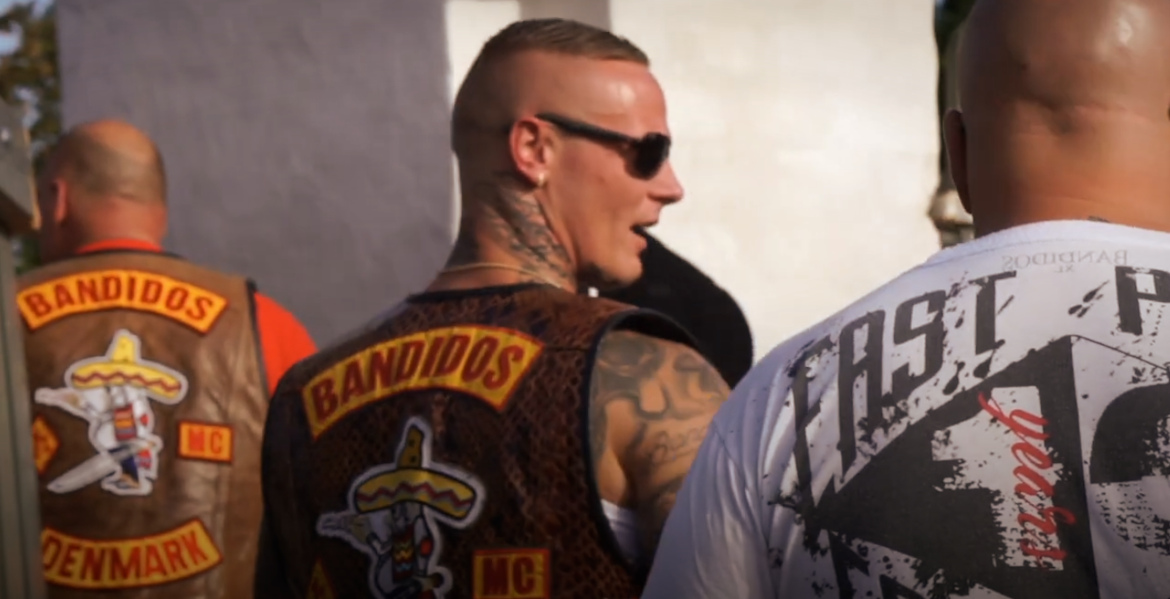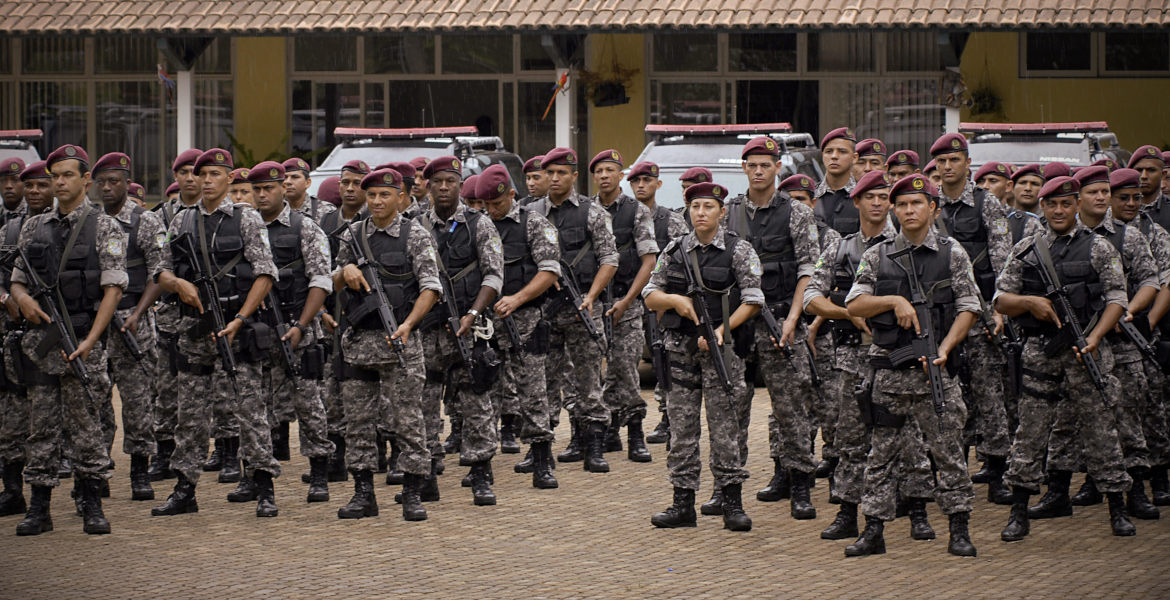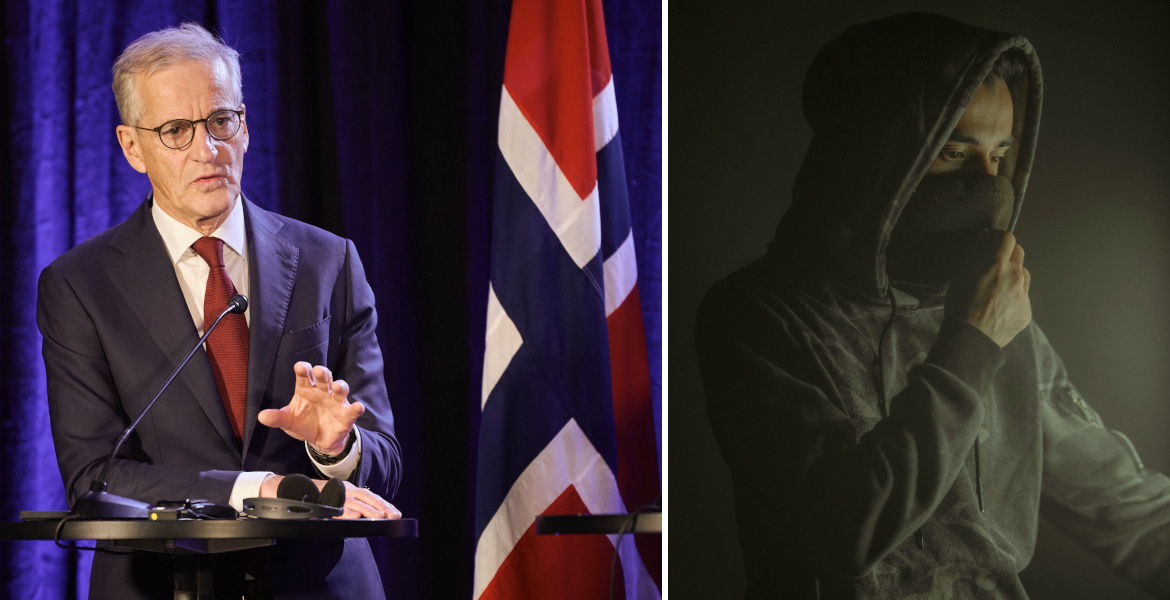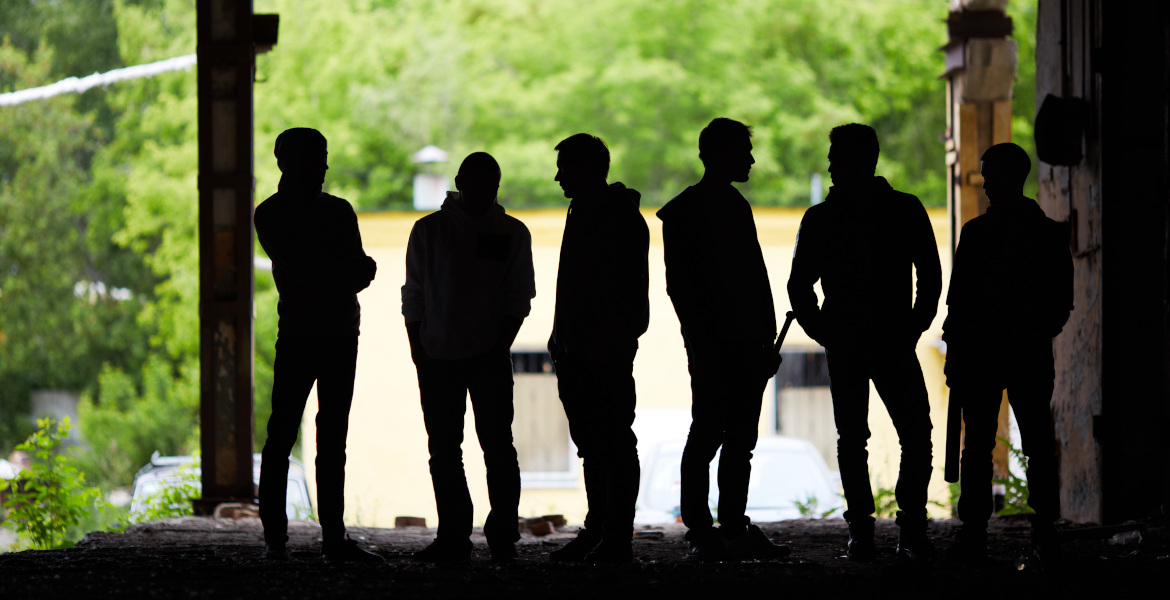On Friday, the new law on "independent forfeiture" came into force, which in short means that it will be easier for the police to seize cars and other assets even if there is no concrete suspicion of a crime.
On the very day the new law came into force, at least two cars were seized in Gothenburg and one in Malmö.
– There are two vehicles that have been seized... As police officers, we have access to many systems and we can also make checks against what this person's income is and see what kind of car is in front of us. The assessment made was that the cars had a significant value in relation to the owners' income, says August Brandt, press spokesman in the West police region.
– The Malmö Police Department has seized a car and initiated an investigation, according to Malmö police spokesperson Fredrik Bratt.
Prime Minister Ulf Kristersson believes that it is primarily about seizing money and expensive status items from known criminals, not least because this type of item is successfully used to recruit children and young people to organized crime.
Minister of Justice Gunnar Strömmer (M) says that "law enforcement needs more powerful tools to strangle the criminal economy, and as soon as possible" and National Police Commissioner Petra Lundh calls the new law "incredibly important".
Risk of abuse
At the same time, several commentators have expressed concern that the new "tool" risks being abused by an increasingly totalitarian state and used not only to access criminals' illegally acquired assets, but also leading to unacceptable violations of innocent Swedes' privacy and integrity – for example, by stopping them and forcing them to report in detail how they obtained their possessions if they do not want to get rid of them.
"If it is significantly more likely that property originates from criminal activity than not, the property shall be forfeited (independent forfeiture). Instead of the property, its value may be forfeited", now reads the Swedish Penal Code.
The borderless mass immigration policy pursued by those in power in recent decades has led to organized crime spreading across Sweden and becoming a major social problem. At the same time, the police and other authorities have found it very difficult to get at the leaders of crime syndicates – often because it has not been possible to prove that individuals have been involved in specific crimes.
A stated aim of the new law is therefore to make life more difficult for the leaders of criminal gangs as well, and to a large extent to target the seizure of assets belonging to them.




